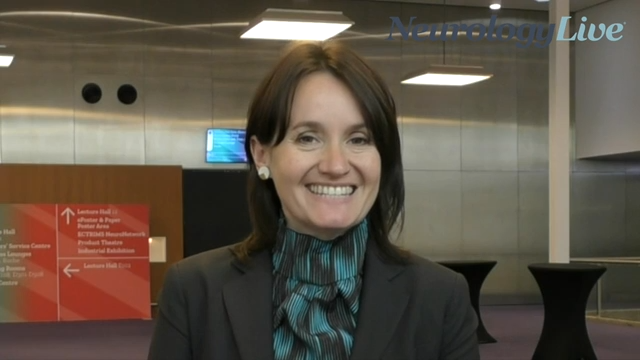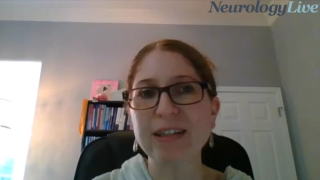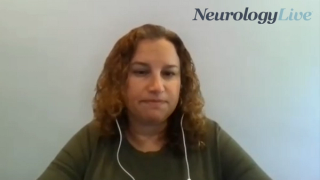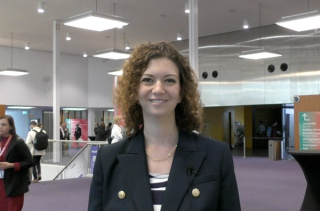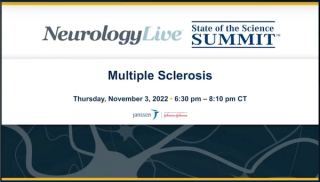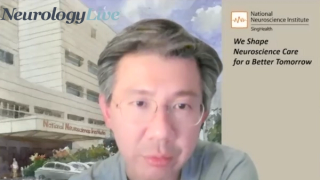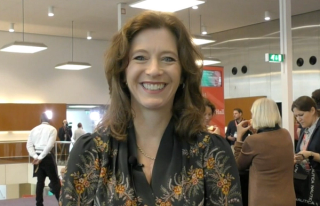
MS and Demyelinating Disorders
Latest News
Latest Videos
CME Content
More News
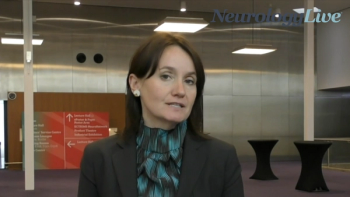
The associate professor of neurology at the University of California, San Francisco, discussed takeaways from an oral presentation at ECTRIMS 2022 on the use of anti-CD20 therapies in postpartum for patients with MS and NMOSD. [WATCH TIME: 5 minutes]
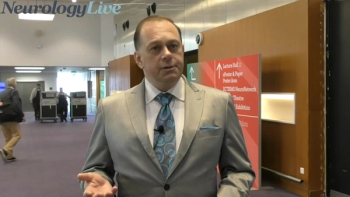
The clinical research director of the UCSF Multiple Sclerosis Center provided insight on an abstract from ECTRIMS 2022 regarding inebilizumab’s mechanism of action to prevent NMOSD attacks. [WATCH TIME: 3 minutes]
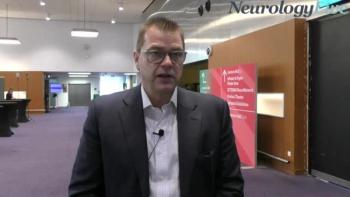
The director of the Buffalo Neuroimaging Analysis Center provided context on a new study exploring ocrezliumab’s (Ocrevus; Genentech) effect on leptomeningeal inflammation and humoral response to EBV. [WATCH TIME: 5 minutes]

Using Clinically Pertinent Neuromuscular Function Assessments to Predict Falls in Multiple Sclerosis
Laurits Taul Madsen, a PhD candidate at Aarhus University, discussed the use of lower extremity function assessments to characterize patients with MS at risk for future falls.
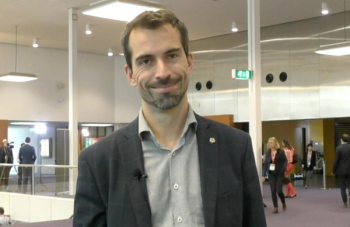
The professor of neurology and biostatistician at University of Melbourne and Royal Melbourne Hospital spoke on stem cell transplantation in patients with MS and its effectiveness in comparison with other traditional approaches. [WATCH TIME: 2 minutes]

In the meta-analysis, the Paleolithic and Mediterranean diets continued to outperform other dietary interventions such as ketogenic, anti-inflammatory, fasting, and calorie restriction on fatigue and quality-of-life outcomes.

Findings from a randomized phase 2 trial resulted in patients with relapsing multiple sclerosis treated with evobrutinib displaying an increase in S1/S2 IgG antibody levels.
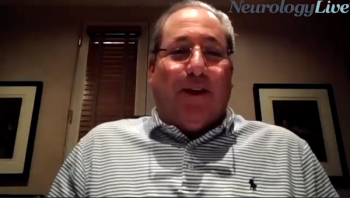
As the treatment landscape for relapsing MS continues to strengthen, the neurologist at Allegheny Health Network discussed the reasons for continued pursuit of drug development. [WATCH TIME: 3 minutes]

Here's some of what is coming soon to NeurologyLive® this week.
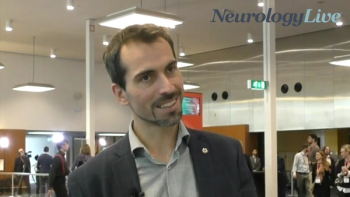
The professor of neurology and biostatistician at the University of Melbourne and Royal Melbourne Hospital spoke about his oral presentation from the 38th ECTRIMS Congress. [WATCH TIME: 5 minutes]

Among those on early highly-effective treatments, shorter disease duration and shorter time between first treatment and current treatment led to more patients achieving no evidence of disease activity.
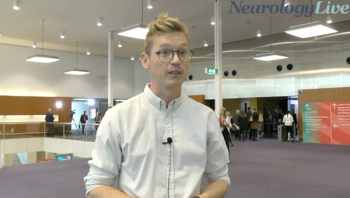
The PhD student at Aarhus University provided insight on his study presented at 2022 ECTRIMS Congress on an innovative way using neuromuscular measures to discriminate those with MS at high risk for falls. [WATCH TIME: 2 minutes]

Test your neurology knowledge with NeurologyLive®'s weekly quiz series, featuring questions on a variety of clinical and historical neurology topics. This week's topic is epilepsy and seizure disorders.
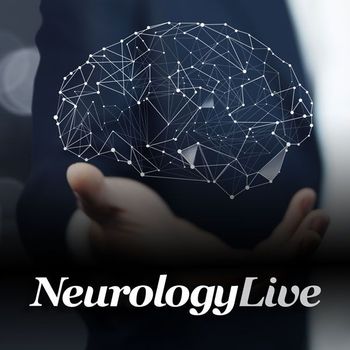
Two weeks after natalizumab infusion, patients demonstrated significantly less central fatigue, with a trend for a reduction in supraspinal fatigue, among other notable findings.
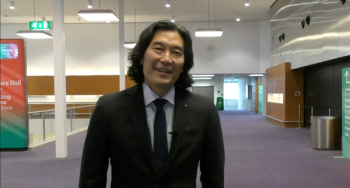
The director of Neuroinnovation and Multiple Sclerosis & Neuroimmunology Imaging Program at UT Southwestern Medical Center shared his perspective on data suggesting that DMT can benefit patients with radiologically isolated syndrome. [WATCH TIME: 3 minutes]
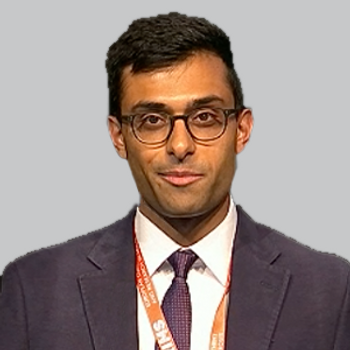
In a late-breaking presentation in ECTRIMS, data from the MSBase international registry was suggestive of higher disability accumulation risk compared with those who did not experience relapse, in both treated and untreated patients with MS.

Take 5 minutes to catch up on NeurologyLive®'s highlights from the week ending October 28, 2022.

Using a prespecified noninferiority margin of 0.2 rate ratio, rituximab failed to distinguish itself from ocrelizumab on the primary end point of annualized relapse rate.

Presented as an oral late breaker by Tomas Kalincik, MD, PhD, autologous hematopoietic stem cell transplantation was not superior to natalizumab in the reduction of disability progression in patients with progressive MS.

In the first of its kind ARISE study, treatment with dimethyl fumarate resulted in more than 80% reduction in risk of first demyelinating event relative to placebo.
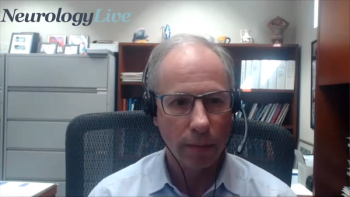
The neurologist in the Mellen Center for Multiple Sclerosis Treatment and Research at Cleveland Clinic, shares more on his late breaker presentation from the 38th ECTRIMS conference. [WATCH TIME: 4 minutes]
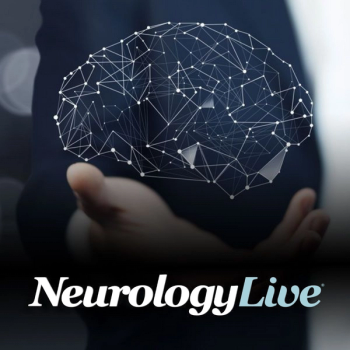
After preliminary data suggested that humoral response may be delayed among those vaccinated against COVID-19 treated with ocrelizumab, new data from the ECTRIMS Congress suggest a third booster dose can revive such response safely.

Data from the CLARIFY-MS study showed significant improvements in Multiple Sclerosis Quality of Life-54 physical and mental composite scores, with consistent safety and tolerability among patients with MS.
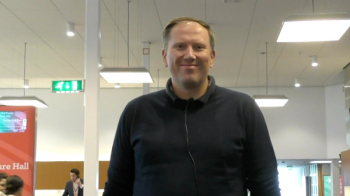
The professor of public health and sports science at Aarhus University shared his perspective on the potential to modify multiple sclerosis disease progression with lifestyle interventions. [WATCH TIME: 2 minutes]

Dose-dependent reductions in neurofilament light were observed at week 144 in both those who continued treatment from the double-blind period and those who switched from placebo.




